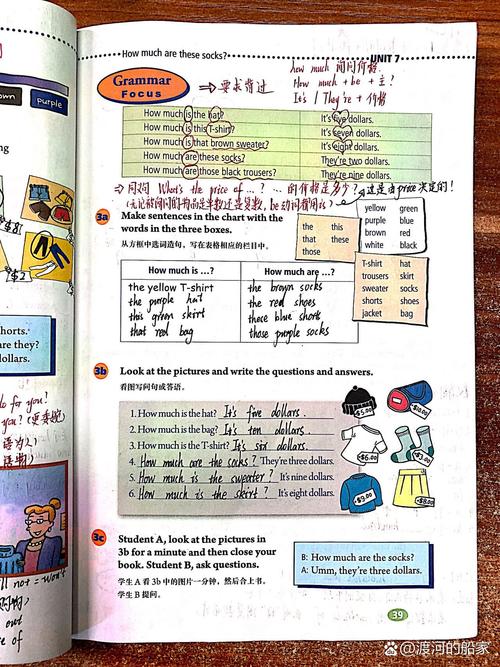Understanding the Home Buying Process
Buying a house is a significant financial decision that requires careful planning and consideration. One of the most crucial aspects to determine is how much money you should make to afford a house. This article will delve into various factors that influence this decision, providing you with a comprehensive understanding of the financial requirements for purchasing a home.
Calculating Your Budget
Before determining how much money you should make to buy a house, it’s essential to calculate your budget. This involves assessing your income, expenses, and financial goals. Here’s a step-by-step guide to help you get started:

-
Calculate your gross income:
-
Assess your monthly expenses:
-
Estimate your financial goals:
-
Subtract your expenses and financial goals from your gross income to determine your disposable income:

Understanding the 28/36 Rule
The 28/36 rule is a widely accepted guideline used by lenders to determine how much money you can afford to spend on a house. According to this rule:
-
Your monthly mortgage payment, including principal, interest, taxes, and insurance (PITI), should not exceed 28% of your gross monthly income.
-
Your total monthly debt payments, including your mortgage payment, should not exceed 36% of your gross monthly income.
Let’s say you make $60,000 per year. Your gross monthly income would be $5,000. According to the 28/36 rule, you could afford a monthly mortgage payment of up to $1,400 ($5,000 x 0.28) and a total monthly debt payment of up to $1,800 ($5,000 x 0.36). Keep in mind that these are just guidelines, and lenders may have different requirements.
Down Payment Requirements
One of the most significant financial considerations when buying a house is the down payment. The amount you need for a down payment depends on the type of mortgage you choose:
| Loan Type | Down Payment Percentage |
|---|---|
| Conventional Loan | 3-20% |
| VA Loan | 0% |
| FHA Loan | 3.5% |
| USDA Loan | 0% |
For example, if you’re purchasing a $200,000 home with a conventional loan, you would need a down payment of at least $6,000 (3% of the purchase price). If you’re eligible for a VA loan, you could buy the same home without a down payment.
Other Financial Considerations
In addition to your down payment and monthly mortgage payment, there are other financial considerations to keep in mind when buying a house:
-
Property taxes:
-
Homeowners insurance:
-
Home maintenance and repairs:
-
Closing costs:
Property taxes and homeowners insurance are typically included in your monthly mortgage payment. However, you should also budget for home maintenance and repairs, which can vary widely depending on the age and condition of the home. Closing costs, which include fees for various services and documentation, can range from 2% to 5% of the purchase price.
Conclusion
Buying a house is a complex financial decision that requires careful consideration of various factors. By understanding your budget, following the 28/36 rule, and considering the down payment and other financial requirements, you can determine how much money you should make to buy a house. Remember to consult with a financial advisor or mortgage professional to ensure you make the best decision for your situation.




